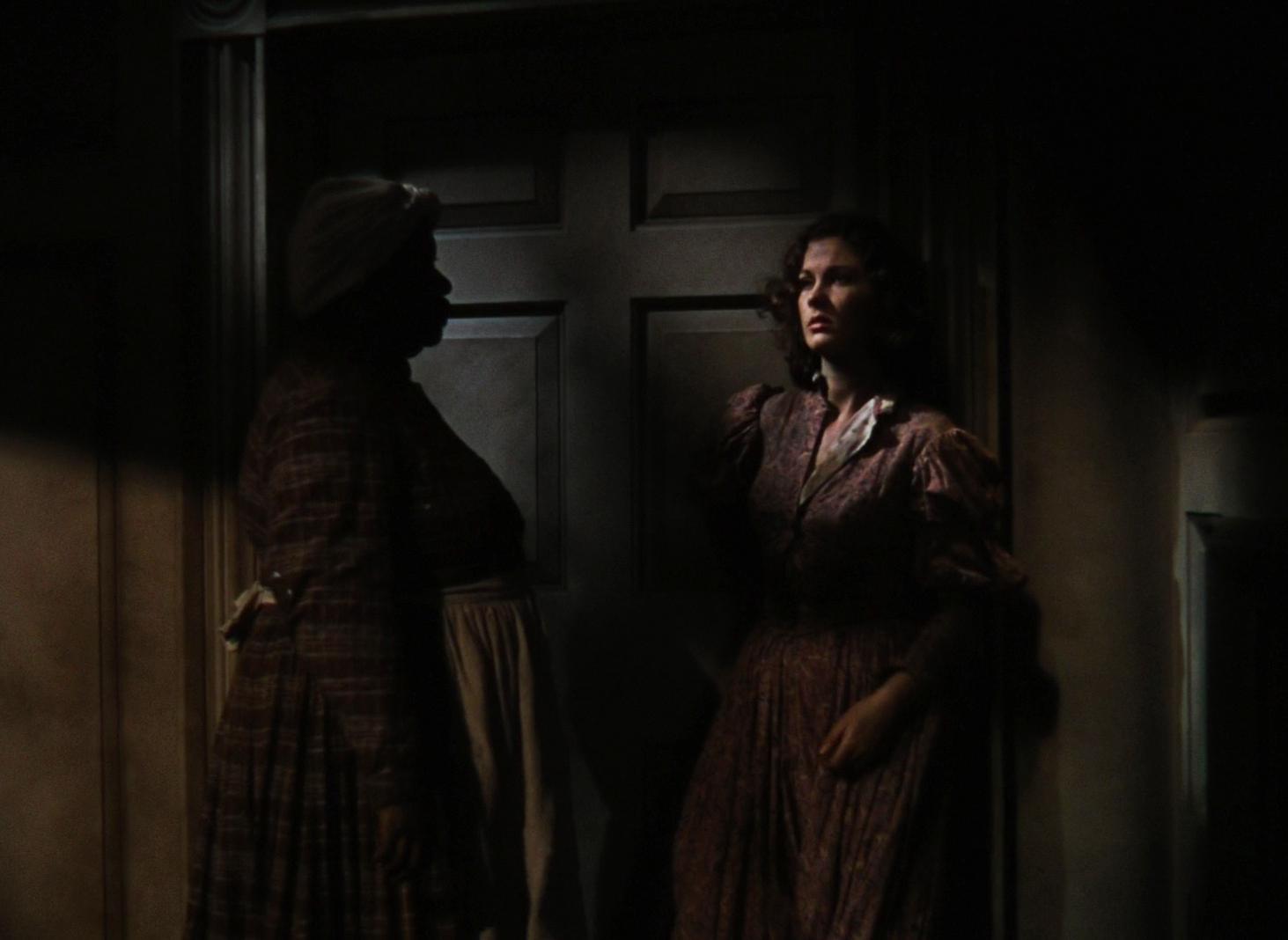Looking back over some of the entries for last week's Best Shot episode (Gone With the Wind's first half) and chasing links here and there I found myself at The Anzrin Exchange a personal blog of Alison somebody. It's not a "best shot" piece but an essay written earlier this year about how Gone With the Wind is viewed now (especially in the wake of 12 Years a Slave) and how it has aged in terms of its racial politics and themes - which are entirely separate things though naturally they're in conversation, especially retroactively.

Back then, the world was a different place. There were Civil War veterans still living, the Holocaust was unknown, interracial marriage was illegal, and the Walt Disney Company was close to bankruptcy. A radically different time.
This is the argument that’s made to defend every racist Grandma at Thanksgiving, and it is the argument that "Gone With the Wind" apologists use to silence its detractors. There’s no denying that this is a film made by racists, for racists, about racists. But, while "12 Years a Slave" is explicitly about slavery, the "meaning" of "Gone With the Wind" has always been a little more fluid. Ultimately it's a movie about people who can’t let go, who ruin their lives by clinging to a past that does not want them anymore. This is true, whether we view that past as a hateful hell or rosy paradise.
In 2014, few people mourn the loss of the Old South, but we’re just as receptive to the idea that dwelling on the past can kill you. And that’s the theme of "Gone With the Wind," when you cut right down to its heart: The people who thrive are the ones who can let go of the past and take charge of their future, who can change.
The bold is mine for emphasis; that's a bluntly stated truth, but one that's easy to miss if we conflate all presentation with endorsement and shut out other ways of looking at the movie. It's a really thoughtful engaging piece, particularly interesting when it comes to the performances of Hattie McDaniel's "Mammy" and Butterfly McQueen's "Prissy," so you should read it. (Hattie & Butterfly's billing as "House Servants," really struck me in the credits this time; that sure is a fancy guilt-easing euphemism for "Slaves," right?)
And if you missed out on this week's Best Shot, there's still time to join us. Any late comers doing GWTW Part 2 (everything after the Intermission) can also do Part 1 and I'll add you in retroactively. We're reconvening on Tuesday night August 26th for the finale.